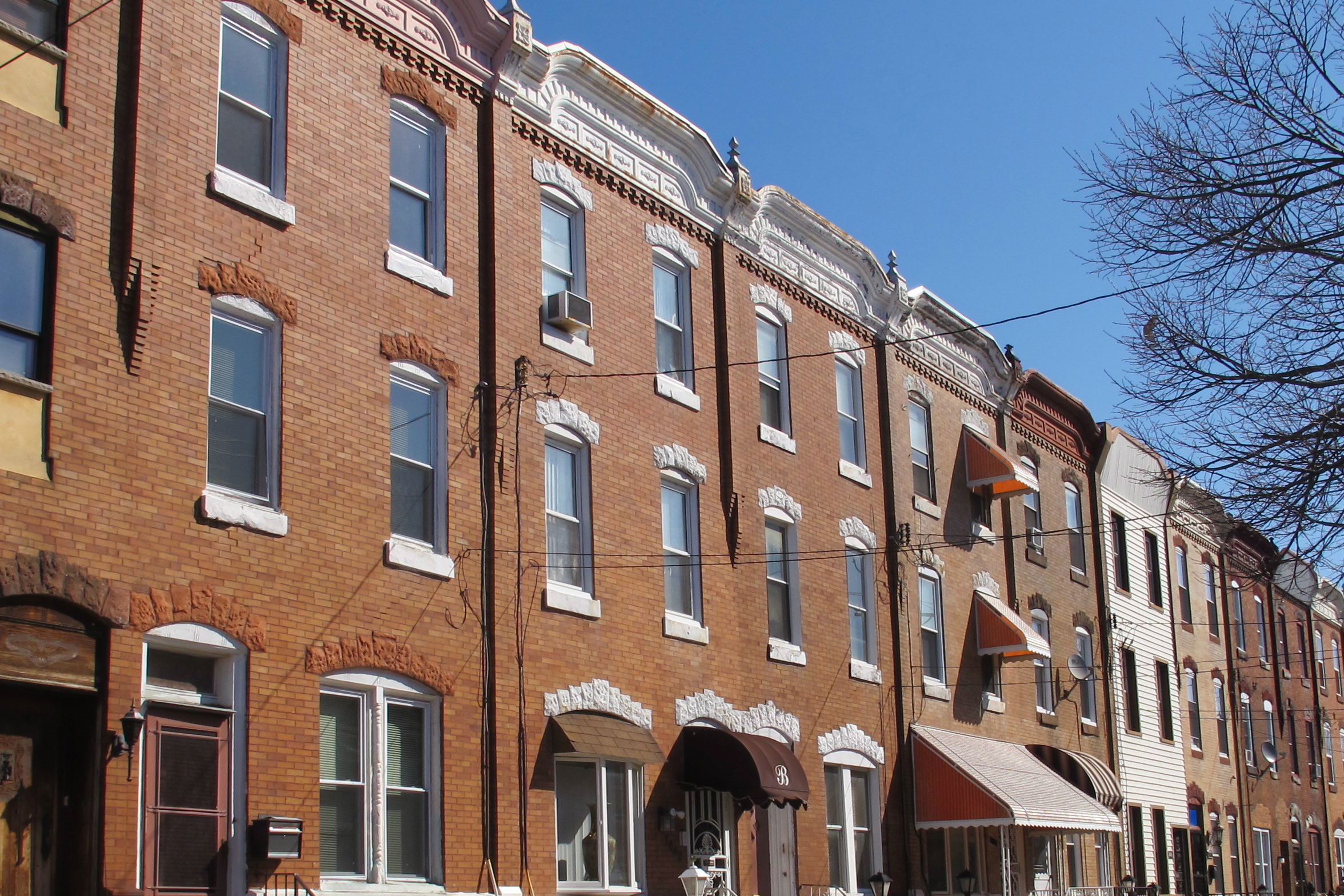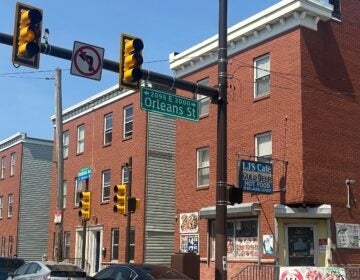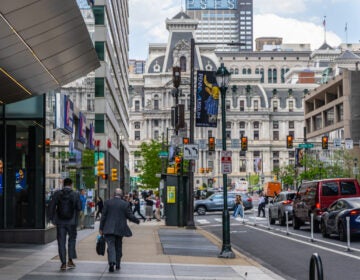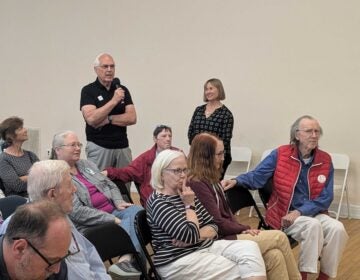City Council passes bill extending tax break for longtime homeowners

City Council passed a bill Thursday that will help longtime homeowners weather real-estate tax hikes in gentrifying neighborhoods, even if they aren’t low-income residents.
The bill, introduced by Councilman Kenyatta Johnson, amends part of the Longtime Owner Occupants Program (LOOP) by eliminating the 10-year limit that currently affects participants who make between 80 and 150 percent of the Area Median Income (AMI).
The city enacted LOOP in 2014 to protect longtime homeowners from abrupt rises in home valuations. To qualify for the program, a resident’s home value must increase by at least 300 percent in one tax year. For instance, if someone’s home was valued at $100,000 in 2017, but increased to $300,000 in 2018, that resident is eligible to receive a tax abatement assuming they meet certain criteria.
First, a LOOP participant must have lived in at that residence for longer than 10 years. Second, they must make below 150 percent of the median income, adjusted for family size. In Philadelphia, the standard AMI is about $58,000 for one person and $83,200 for a family of four. As of Sunday, that number increased to about $61,000 for one person and $87,400 for a four-person family, but the city has not adopted the updated numbers yet and will use the older figures to determine LOOP eligibility.
When LOOP was first enacted, the bill set a 10-year limit for all participants. But in 2016, Council passed an amendment that removed that 10-year limit for participants who made under 80 percent the AMI. Today’s amendment erases the 10-year limit completely
| Family Size | 80 Percent of AMI | AMI | 150 Percent of AMI |
|---|---|---|---|
| 1 | $46,592 | $58,240 | $87,360 |
| 2 | $53,248 | $66,560 | $99,840 |
| 3 | $59,904 | $74,880 | $112,320 |
| 4 | $66,560 | $83,200 | $124,800 |
| 5 | $71,885 | $89,856 | $134,784 |
| 6 | $77,210 | $96,512 | $144,768 |
| 7 | $82,534 | $103,168 | $154,752 |
| 8 | $87,859 | $109,824 | $164,736 |
Currently, there are 16,901 LOOP participants — about two-thirds make under 80 percent the median income, and one third makes between 80 and 150 percent of that figure. Johnson said he was looking to protect that latter group of participants from strife in 2024.
“If we don’t amend LOOP to extend the property tax relief, over 4,800 homeowners will be kicked off after 2023,” said Johnson in a press release. “The average LOOP participant is a senior citizen on a fixed income who bought their house in the 1970s or 1980s. If a senior has family members staying with them as caretakers, any family member’s income count against LOOP eligibility, but if the homeowner has high medical bills or other expenses, LOOP does not account for it. They are already coping with dramatic changes in their neighborhood as they transition to later stages of life and are terrified of being hit with property tax bills they can’t afford when LOOP ends for them. They are already asking my office what they can do when property tax bills push them out of the homes they’ve lived in for decades.”
At a council finance hearing last month, Commissioner Frank Breslin of Department of Revenue proposed amending the legislation so that the 10-year limit be axed only for those falling below 120 percent the AMI. He was concerned that the city might hit the $20 million cap set for the program.
“While we support the effort to protect homeowners in neighborhoods where property values are changing, we also recognize that those protections have a cost,” said Breslin.
The administration’s proposed amendment wasn’t reflected in the bill passed by Council.
On Thursday, Kenney spokesman Mike Dunn said that the administration had to review the approved legislation before it could comment on its support.
WHYY is your source for fact-based, in-depth journalism and information. As a nonprofit organization, we rely on financial support from readers like you. Please give today.






